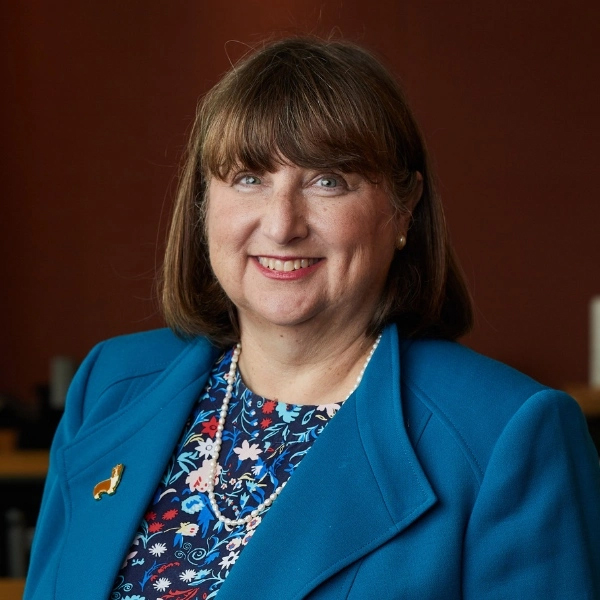The Host
A brand new evaluation finds that graduating medical college students had been much less more likely to apply this yr for residency coaching in states that ban or limit abortion. That was true not just for aspiring OB-GYNs and others who commonly deal with pregnant sufferers, however for all specialties.
In the meantime, one other examine has discovered that greater than 4 million kids have been terminated from Medicaid or the Kids’s Well being Insurance coverage Program for the reason that federal authorities ended a covid-related provision barring such disenrollments. The examine estimates about three-quarters of these kids had been nonetheless eligible and had been kicked off for procedural causes.
This week’s panelists are Julie Rovner of KFF Well being Information, Lauren Weber of The Washington Publish, Joanne Kenen of the Johns Hopkins College faculties of nursing and public well being and Politico Journal, and Anna Edney of Bloomberg Information.
Among the many takeaways from this week’s episode:
- Extra medical college students are avoiding making use of to residency applications in states with abortion restrictions. That might worsen entry issues in areas that already don’t have sufficient docs and different well being suppliers of their communities.
- New threats to abortion care in the US embody not solely state legal guidelines penalizing abortion capsule possession and abortion journey, but in addition on-line misinformation campaigns — which try to discourage folks from supporting abortion poll measures by telling them lies about how their data is perhaps used.
- The newest information is out on the destiny of Medicare, and a reasonably sturdy financial system seems to have purchased this system’s belief fund one other 5 years. Nonetheless, its total well being is dependent upon a long-term answer — and a long-term answer is dependent upon Congress.
- In Medicaid enlargement information, Mississippi lawmakers’ newest try to develop this system was unsuccessful, and a report exhibits two different nonexpansion states — Texas and Florida — account for about 40% of the 4 million youngsters who had been dropped from Medicaid and CHIP final yr. By not increasing Medicaid, holdout states say no to billions of federal {dollars} that may very well be used to cowl well being take care of low-income residents.
- Lastly, the chapter of the hospital chain Steward Well being Care tells a hanging story of what occurs when non-public fairness invests in well being care.
Additionally this week, Rovner interviews KFF Well being Information’ Katheryn Houghton, who reported and wrote the newest KFF Well being Information-NPR “Invoice of the Month” function, a couple of affected person who went outdoors his insurance coverage community for a surgical procedure and thought he had lined all his bases. It turned out he hadn’t. You probably have an outrageous or incomprehensible medical invoice you’d prefer to share with us, you are able to do that right here.
Plus, for “additional credit score,” the panelists counsel well being coverage tales they learn this week that they suppose it is best to learn, too:
Julie Rovner: The Nation’s “The Abortion Capsule Underground,” by Amy Littlefield.
Joanne Kenen: The New York Occasions’ “In Drugs, the Morally Unthinkable Too Simply Involves Appear Regular,” by Carl Elliott.
Anna Edney: ProPublica’s “Dealing with Unchecked Syphilis Outbreak, Nice Plains Tribes Sought Federal Assist. Months Later, No One Has Responded,” by Anna Maria Barry-Jester.
Lauren Weber: Stat’s “NYU Professors Who Defended Vaping Didn’t Disclose Ties to Juul, Paperwork Present,” by Nicholas Florko.
Additionally talked about on this week’s podcast:
To listen to all our podcasts, click on right here.
And subscribe to KFF Well being Information’ “What the Well being?” on Spotify, Apple Podcasts, Pocket Casts, or wherever you take heed to podcasts.


